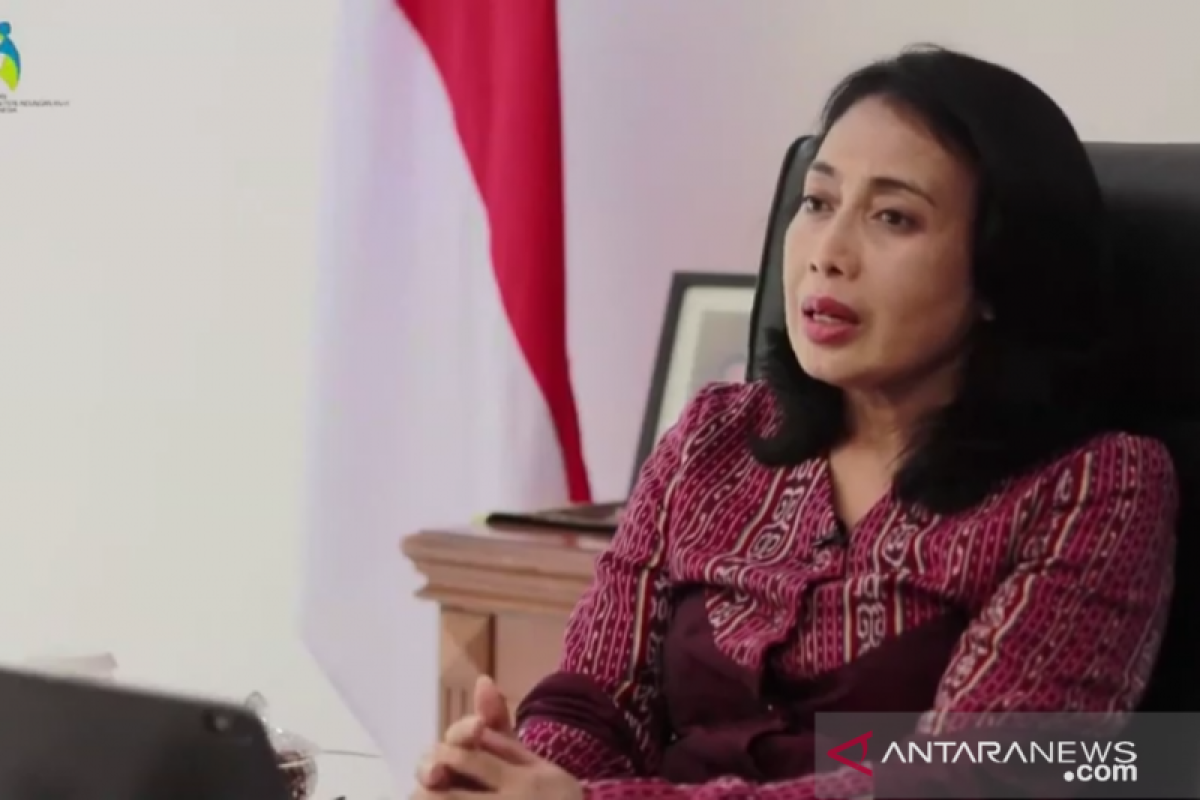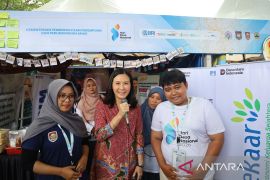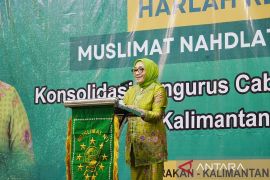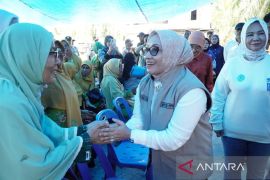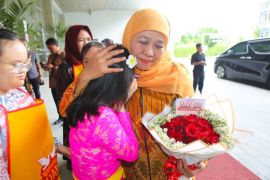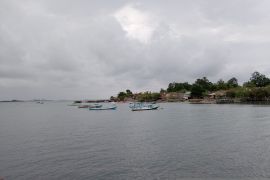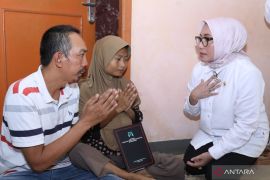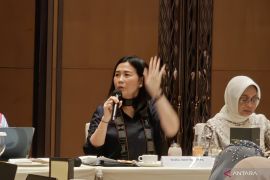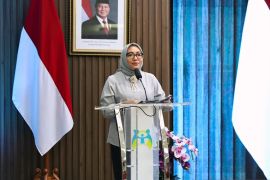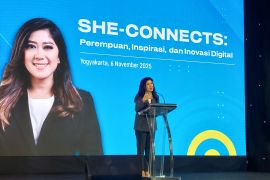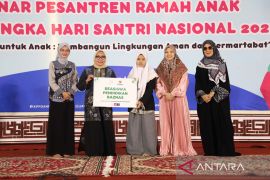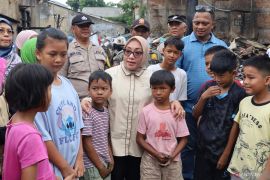As gender inequality is still real, we need to ensure women get access to supporting factors for economic empowerment, access to financing, and digital literacy.Jakarta (ANTARA) - To achieve optimal women's economic empowerment, strong synergies are needed among the central and local governments, community agencies, the business world, and the media, Minister of Women's Empowerment and Child Protection Bintang Puspayoga has said.
"This synergy is not only limited to national but also international through meetings such as this ASEAN Ministerial Meeting on Women," Puspayoga said during a webinar on 'Women Empowering Women in Pandemic Situation: Indonesia's Experience' here on Thursday.
However, endeavors to enrich women's economies are still hindered by gender inequality, she added.
One of the Indonesian government's efforts to address gender inequality has been the launch of the national strategy for supporting women's inclusion in finance in 2020 that has received the Asian Development Bank's recognition as the first and only policy in the world, the minister noted.
Related news: Ministry targets 25 percent women's leadership in SOEs by 2023
The ministry is also implementing several strategies such as carrying out gender advocacy in a massive and structured way for the preparation and implementation of financial inclusion policies, she said.
The strategies include holding gender-perspective entrepreneurship training and supporting women MSMEs to grow and develop during the pandemic through digital literacy workshops, she added.
Furthermore, she highlighted, the ministry is also helping women business players gain access to microfinance services.
Related news: Women's leadership in SOE businesses' sustainability crucial: ministry
"As gender inequality is still real, we need to ensure women get access to supporting factors for economic empowerment, access to financing, and digital literacy," Puspayoga said.
According to her, access to funding and digital comprehension is key to the progress of women MSMEs' in the present and future.
It is important because based on the 2019 National Survey of Financial Literacy and Inclusion, the percentage of women accessing financial products and services was at 75.15 percent, which was lower than for men (77.24 percent), she expounded.
There are fewer women using the Internet than men, as shown by the percentage of women Internet users (46.87 percent) compared to men (53.13 percent), she informed.
Related news: Meet Waisimon, protector of the cenderawasih and forests
Related news: Promoting women and youth leadership for sustainable, inclusive growth
Translator: Anita D, Kenzu T
Editor: Fardah Assegaf
Copyright © ANTARA 2021
